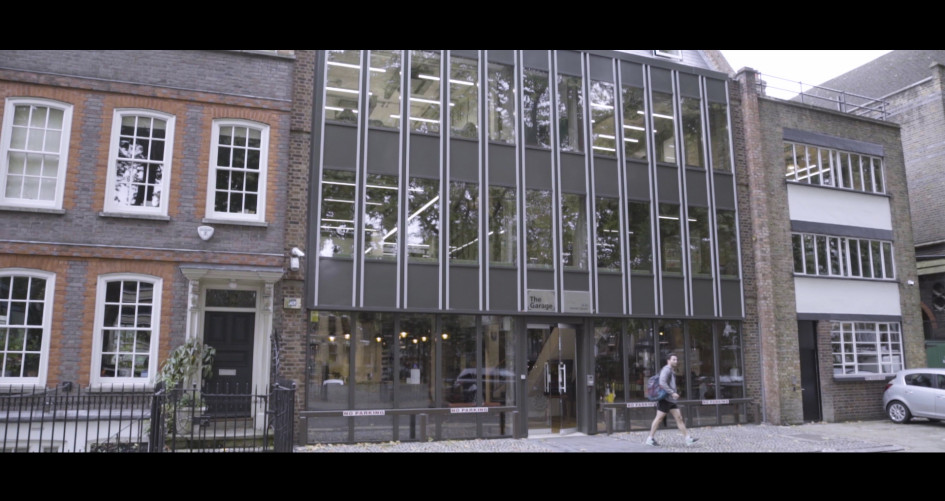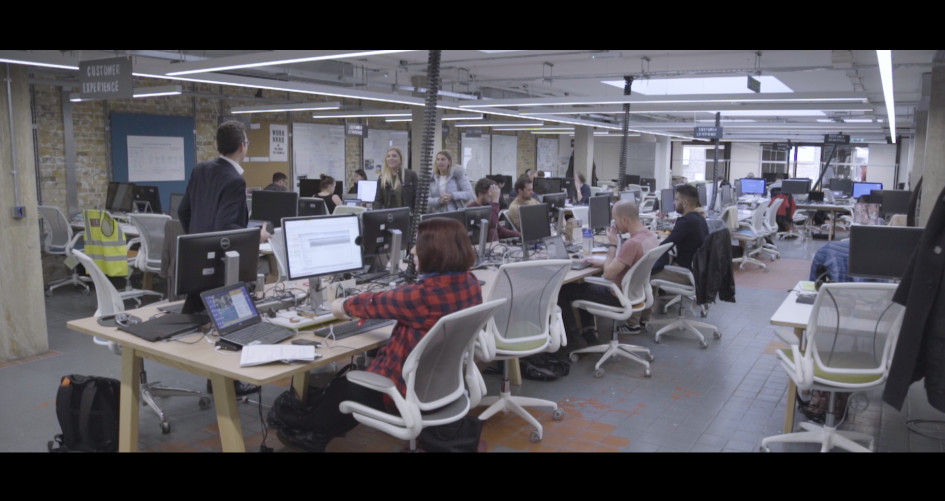In 2006, Aviva became the first global insurance group to offset their entire operational emissions, celebrating 10 years as a carbon-neutral organization in 2016. Aviva measure their greenhouse gas emissions in 16 of their businesses around the world and reduce emissions using a variety of measures, including cleaner technologies, sustainable procurement, and green investments.
Carbon credits are only purchased once Aviva has made every effort to reduce their emissions. Specific measures taken to achieve this objective include energy efficiency changes, implementing energy-saving processes, and behavioral changes such as reducing travel by increasing the use of virtual meetings.
Key facts
- Since Aviva became carbon neutral, it has saved 1.3 million tonnes of carbon dioxide equivalent emissions through carbon finance projects;
- Since 2012, these programmes have impacted more than 970,000 people;
- Revising their ambition, Aviva have set a higher, long-term target for carbon emission reductions of 50 % by 2020 and 70 % by 2030;
- 61% of their electricity originates from renewable energy sources.
The problem
The Paris Agreement sets out the objective to limit climate change to well below 2 degrees celsius above pre-industrial levels. Science tells us that in order to achieve this objective, the global society needs to achieve net zero emissions, i.e. climate neutrality, by the second half of this century.
The solution
To achieve climate neutrality and achieve net zero emissions, Aviva takes action through a mix of emission reductions and carbon offsetting. Measures to reduce their carbon emissions include increasing the amount of renewable electricity purchased worldwide and installing solar photovoltaic arrays on three of their UK locations.
Even with their best efforts to reduce emissions, daily activities and business operations result in unavoidable emissions. Aviva identify offsetting emissions as being key to reaching climate neutrality. Offsetting their remaining emissions not only helps Aviva to achieve climate neutrality, but also provides essential support for carbon projects.
Working in partnership with climate and development experts ClimateCare, Aviva’s funding of carbon projects improves lives and fosters clean development in disadvantaged communities around the world, thus contributing to the Sustainable Development Goals.
Helping the planet
The lowering of greenhouse gas emissions contributes to combatting climate change. Decreasing fossil fuel use by switching to renewable energy not only cuts carbon emissions, but also reduces the environmental impacts of fossil fuel extraction. Carbon projects, such as those which improve access to clean cookstoves, deliver a variety of environmental benefits, such as the conservation of ecosystems and habitats and avoidance of land degradation, and reduction in local pollution.
Helping people
ClimateCare develops and manages a bespoke portfolio which enables Aviva to support carbon projects that primarily focus on household energy saving technologies, and renewable energy generation, all of which reduce carbon emissions and deliver a wide range of sustainable development co-benefits. For example, Aviva has invested in the Treadle Pump Project, which empowers smallholder farmers in India to purchase simple, affordable pumps that use human power to move water from ground level to irrigate crops. The project also helps to tackle rural poverty by creating extra income for almost 1 million farmers, by enabling them to increase crop yield and sell excess produce at markets.
This year, Aviva plans to purchase carbon credits that will finance African and Indian cookstoves, safe water in Kenya, both domestic and grid connected solar photovoltaic solar installations in India, and biogas production in Vietnam. The projects Aviva has supported to date have collectively prevented over 1.3 million tonnes of carbon from being emitted since 2007, and improved the lives of 977,300 people.
Spillover effect
In partnership, ClimateCare and Aviva have developed a robust methodology for measuring the additional social impacts delivered by Aviva’s carbon offset programme. This was the first time it had been done for a carbon offset programme and now provides a model for others to follow.
Being able to report on the co-benefits of the carbon projects, makes them more valuable and appealing to a wider audience who may not be as interested in the carbon reduction aspect, but could focus on other SDG issues such as health, women's empowerment, and the eradication of poverty.




Images owned by the activity partners, all rights reserved.







